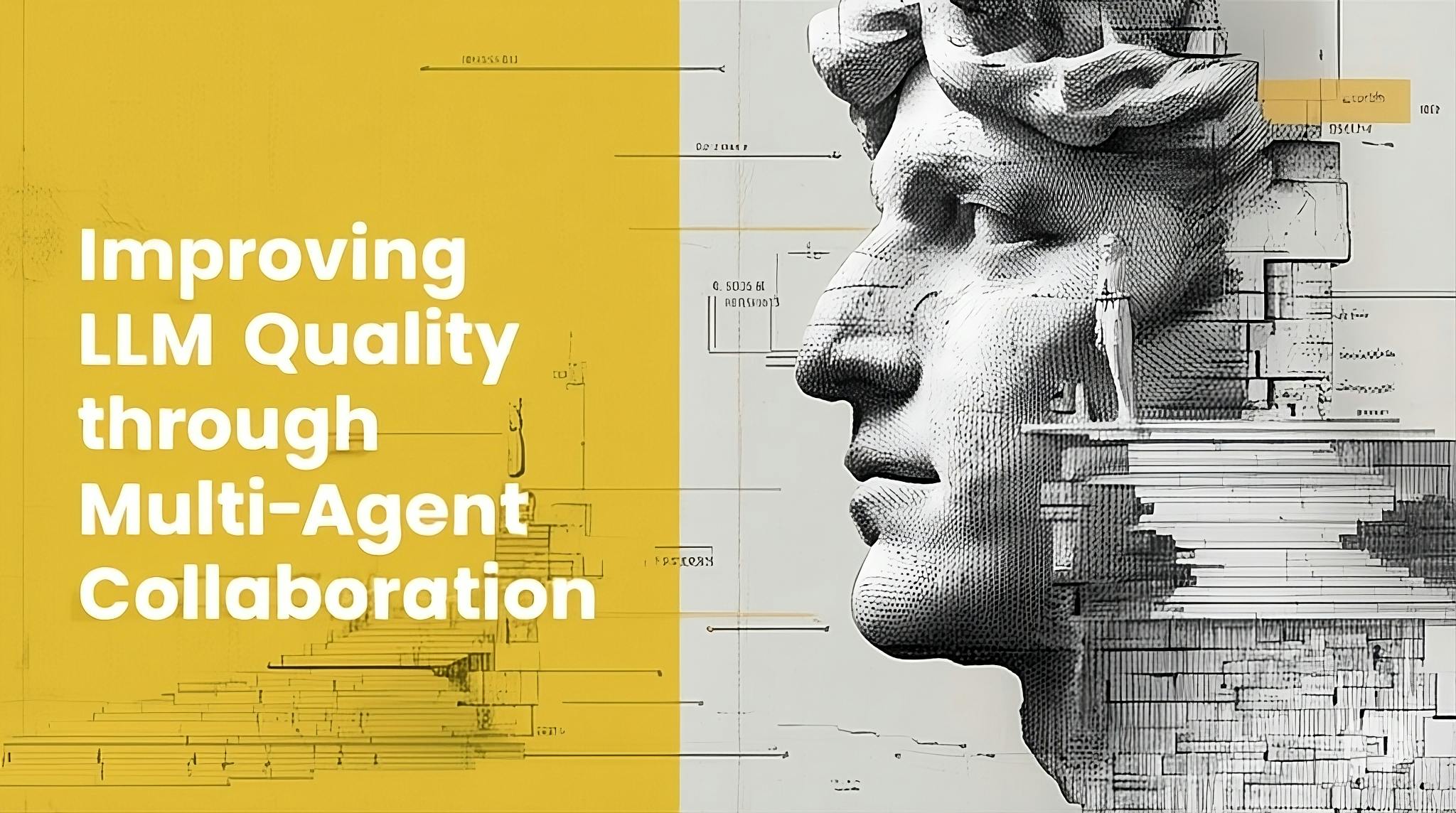
"The Mixture-of-Agents (MoA) framework orchestrates a team of specialized models collaborating in structured layers, refining outputs step-by-step to achieve higher accuracy."
"MoA shows state-of-the-art results using open-source models, surpassing top proprietary LLMs like GPT-4 Omni on multiple benchmarks, proving its effectiveness in collaboration."
"In experiments, models like LLaMA and Qwen improved their performance when consulting peer-model answers, demonstrating the inherent collaborativeness of LLMs."
"MoA employs a layered design and role specialization, with proposers generating diverse answers and aggregators refining them into higher-quality outputs."
The Mixture-of-Agents (MoA) framework improves the accuracy and reliability of large language models by utilizing a multi-agent approach. Instead of a single comprehensive model, MoA employs a series of specialized models that collaborate in structured layers to refine outputs iteratively. This method has demonstrated state-of-the-art performance with open-source models, exceeding benchmarks set by proprietary models such as GPT-4 Omni. Experiments reveal that incorporating answers from peer models enhances performance in LLMs, highlighting the importance of collaborative perspectives in reducing blind spots and improving results.
Read at Hackernoon
Unable to calculate read time
Collection
[
|
...
]